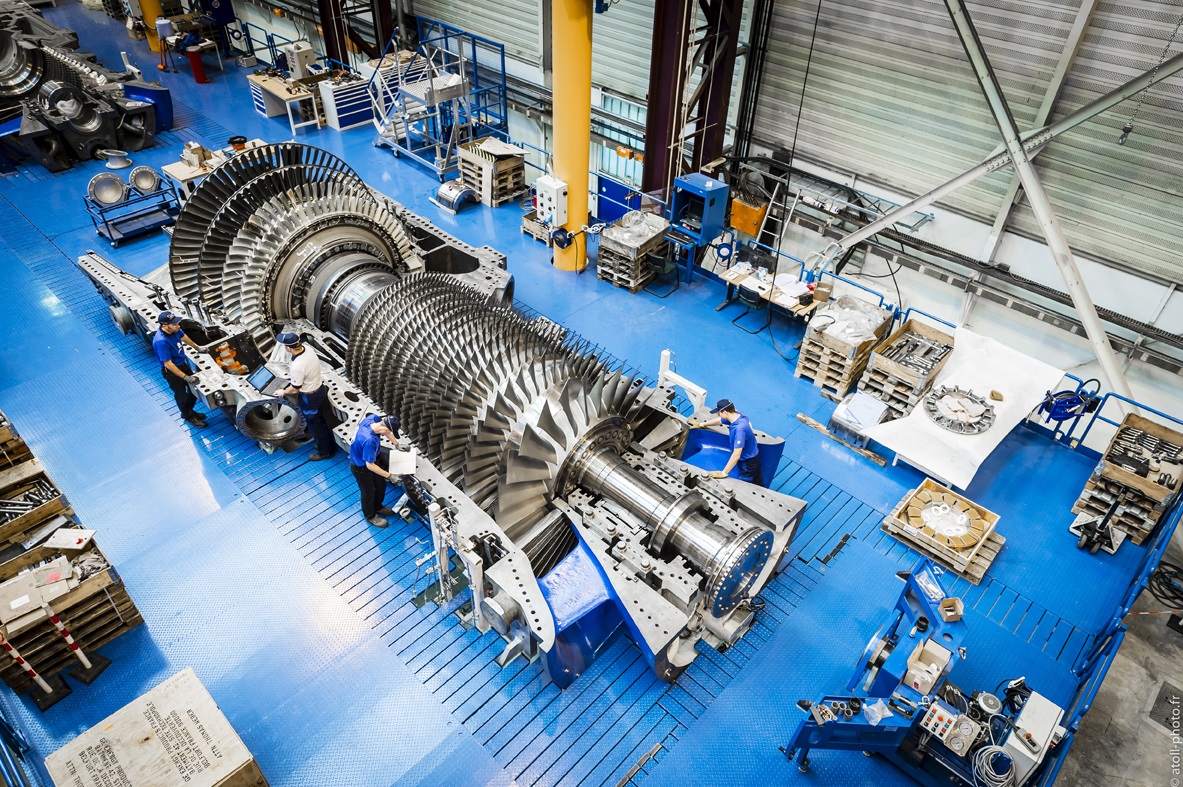12 HA units are installed in the Middle East delivering flexible, efficient and reliable power, while helping customers reduce emissions
GE Vernova’s Gas Power business (NYSE: GE) recently celebrated a milestone as its advanced H-Class heavy-duty gas turbine fleet accumulated more than two million commercial operating hours across 88 units, 12 of which are based in the Middle East. The fleet is one of the most responsive and flexible in the industry, enabling grid operators to dispatch power quickly, also complementing intermittent renewable sources. Since the first commercial operation of the company’s flagship HA gas turbine in 2016, the HA fleet now boasts an installed capacity of 47 gigawatts (GW) of power, the equivalent capacity needed to power 35 million homes.
“At GE Vernova, we help to generate approximately 30% of the world’s electricity. As such, we recognize the critical role we play in the energy transition and helping countries achieve their decarbonization goals,” said Joseph Anis, President and CEO of GE Vernova’s Gas Power business for Europe, Middle East, and Africa. “Our H-Class turbines not only deliver flexible, efficient, and reliable electricity, but also help customers in the region to reduce the carbon emissions intensity of power generated. This milestone is a testament to our continued success in the region and across the world.”
In 2017, GE Vernova’s Gas Power business, together with Aluminium Bahrain B.S.C. (Alba), announced the first agreement for HA-class gas turbines in the Gulf region, to power the world’s largest single site smelter in Bahrain. GE delivered three HA gas turbines for Alba’s Power Station 5, increasing performance and efficiency.
In the UAE, three of GE Vernova’s 9HA.01 units power the 1.8 gigawatts (GW) Hamriyah Independent Power Plant, the Middle East and Africa’s most efficient gas power plant. By offering a higher efficiency level than previous power generation assets installed in Sharjah, these turbines are expected to help generate up to 4 million tons of fewer carbon dioxide emissions per annum when compared to generating the same amount of electricity with legacy technology – the equivalent of taking up to one million cars off the roads of the UAE.
In Pakistan, GE Vernova installed a total of six 9HA.01 gas turbines across three power plants, providing equivalent power supply for up to 7.5 million Pakistani homes.
GE Vernova continues to advance gas power technologies toward zero-carbon power generation, and part of this evolution includes both pre-combustion solutions with hydrogen and post-combustion solutions with carbon capture and sequestration.
- Pre-combustion capabilities: H-Class gas turbine portfolio currently has the capability to burn up to 50% by volume of hydrogen when blended with natural gas. This capability is enabled by the DLN2.6e combustion system that is standard on current 9HA.01/9HA.02/7HA.03 gas turbines offerings with a technology roadmap to achieve 100% hydrogen in this platform by 2030.
- Post-combustion capabilities: H-class combined cycle plants can be configured with a carbon capture system to reduce CO2 emissions by up to 90%. Projects build on GE Vernova’s capabilities in technology integration, expertise in natural gas combined cycle plant engineering, operability, and plant integration.
GE Vernova’s businesses have supported the development of the Gulf Cooperation Council’s (GCC’s) energy infrastructure for over 80 years. Today, GE Vernova’s power generation technologies are installed in up to 350 sites across the region. The company’s investments in the GCC include a service center in Jebel Ali, Dubai, which provides maintenance, testing, and repair solutions for generators and gas turbines; the GE Manufacturing and Technology Center (GEMTEC) campus in Dammam, which includes a Service and Repairs Center for gas turbines, the GE MENA Decarbonization Center of Excellence, a Monitoring & Diagnostics Center for the remote monitoring of power generation assets, as well as GE Saudi Advanced Turbines (GESAT), a joint investment by Dussur and GE to manufacture gas turbines and components in the Kingdom; and the GE Kuwait Technology Center (GEKTC), a first-of-its-kind facility in the country that includes training, tooling, and research and development cells.
ENDS













